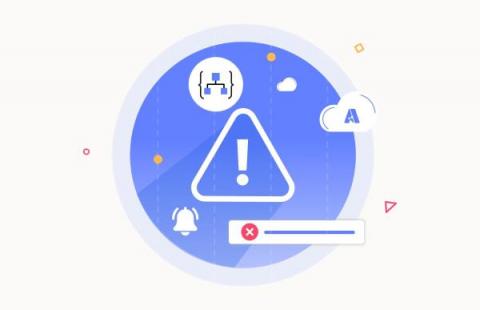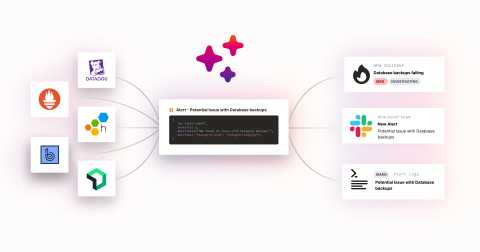Securing the Enterprise from VoIP Network Attacks with Analytics
Voice over IP (VoIP) technologies and solutions have been widely adopted by consumers, businesses and service providers since the mid-2000s, but the rising popularity of remote work means businesses of all sizes are even more rapidly turning to VoIP for voice calls.











